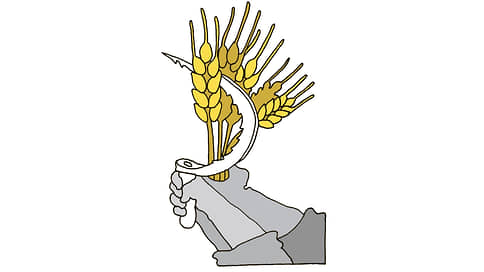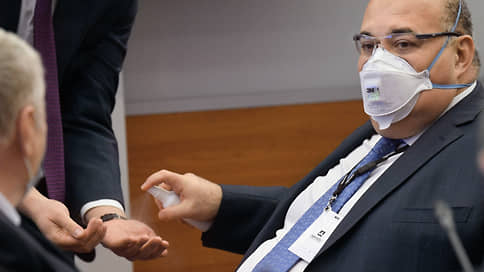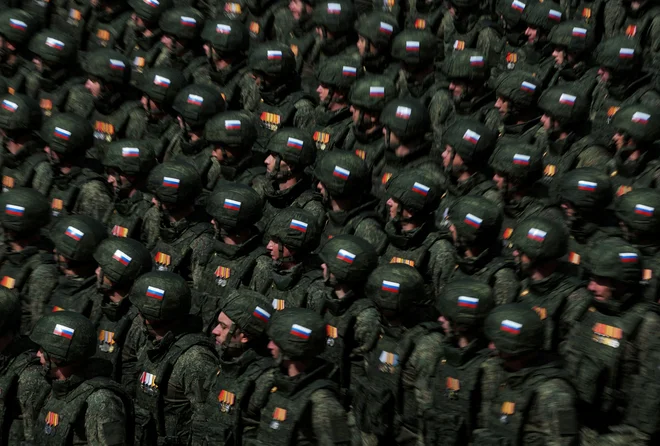The resumption of the Black Sea grain initiative: how to affect the market

The cost of wheat on world exchanges yesterday was reduced due to fears for the growth of the supply against the background of the probability of the resumption of the Black Sea grain initiative. But analysts doubt the implementation of such a scenario: shipping in the Black Sea is now not limited. A positive result of a decrease in international tension for exporters may be the abolition of military insurance bonuses to the freight of the vessels. So far, transportation from Russian ports due to high risks cost 10-30% more expensive than usual.
A possible resumption of the Black Sea Grain initiative, which was stated by the Russian side on March 25, 2025, after the next stage of negotiations in Er-Rihiad with the United States to resolve the Ukrainian military crisis, has not yet led to an increase in wheat quotations. Moreover, on March 26, the cost of grain futures on the exchange in Chicago decreased by 1% compared to the day earlier, to $ 197.77 per ton. On the same day, on the French exchange, the cost of futures with a term of execution in May decreased by 0.57%, to € 221.5 per ton.
The market thus reacts to the fact that simplifying the supply of Russian grain to the world market can lead to an increase in supply – this helps to reduce prices, said Prositzo CEO Vladimir Petrichenko.
The export index of Russian wheat with protein 12.5% with the supply of Black Sea ports, according to the estimates of the Center for Price Index (CCI), on March 21 amounted to $ 251 per ton. During the week, the indicator grew by 1.2%, from the beginning of January – by 7.7%. The growth was associated with a decrease in wheat proposal in Europe, including due to the export quota in the amount of 10.6 million tons in Russia, which has operated in Russia from February 15, the Central Civil Procedure Center is noted. An additional factor for the market could be the abolition of restrictions on the Turkish authorities to supply imported wheat. “Demand for Russian flour milling wheat in Turkey has grown,” says Dmitry Krasnov, managing director of the Center for Competence at the Rexoft Consulting agro -industrial complex.
The relief of the access of Russian agricultural products to foreign markets has become one of the main topics at a meeting of expert groups of Russia and the USA in Riyadh on March 25. The parties also agreed on the implementation of the Black Sea grain initiative to ensure the safety of shipping and control of the courts, according to the results in the Kremlin. There they added that the United States will help restore access to the Russian agricultural production on the world market.
The general director of the Institute of Conjuncture of the Agrarian Market (Icarus) Dmitry Rylco warns that there is no understanding of which exactly what the initiative came during the negotiations and to what volume they will be implemented.
The Director of the “SOECON” Andrei Sizov calls the script in itself with the resumption of the grain transaction unprofitable. “Deliveries are already fully carried out, and return to the initiative involves additional inspections of the courts in Istanbul, which previously provided delays for 10–20 days,” he explains.
The expert recalls that after the suspension of the Black Sea Grain Initiative in August 2023, a decrease in shipping was traced only until October and was associated with the activation of military attacks in the seaside of the sea. Then the transportation was fully resumed, he explains. The freight of the courts, according to Mr. Sizov, in the combat zone in any case, involves an margin of 10-30% due to more expensive insurance.
Dmitry Rylko assumes that the general decrease in tension in the region itself and the softening of sanctions can lead to a revision or cancellation of military insurance premiums to the freight of the vessels. It recalls that until 2022 the cost of Russian wheat of comparable quality was $ 1-2 per ton higher than Romanian. After the start of hostilities, Russian wheat fell at the peak to Romanian by $ 40, and now the gap is $ 5-10. “The discount forms mainly due to high insurance costs and the unwillingness of many shipowners to enter Russian ports,” says Mr. Rilco.
Dmitry Krasnov says that reduction in costs should positively affect the competitiveness of Russian grain. But the expert warns that the implementation of many agreements will be complicated: for example, the Rosselkhozbank’s connection to SWIFT is also involved in the EU institutions. He also indicates the ambiguity of the resumption of supplies to Turkey. Mr. Krasnov draws attention to the fact that in the case of the growth of the internal production of Wheat, Ankara may again limit imports.







